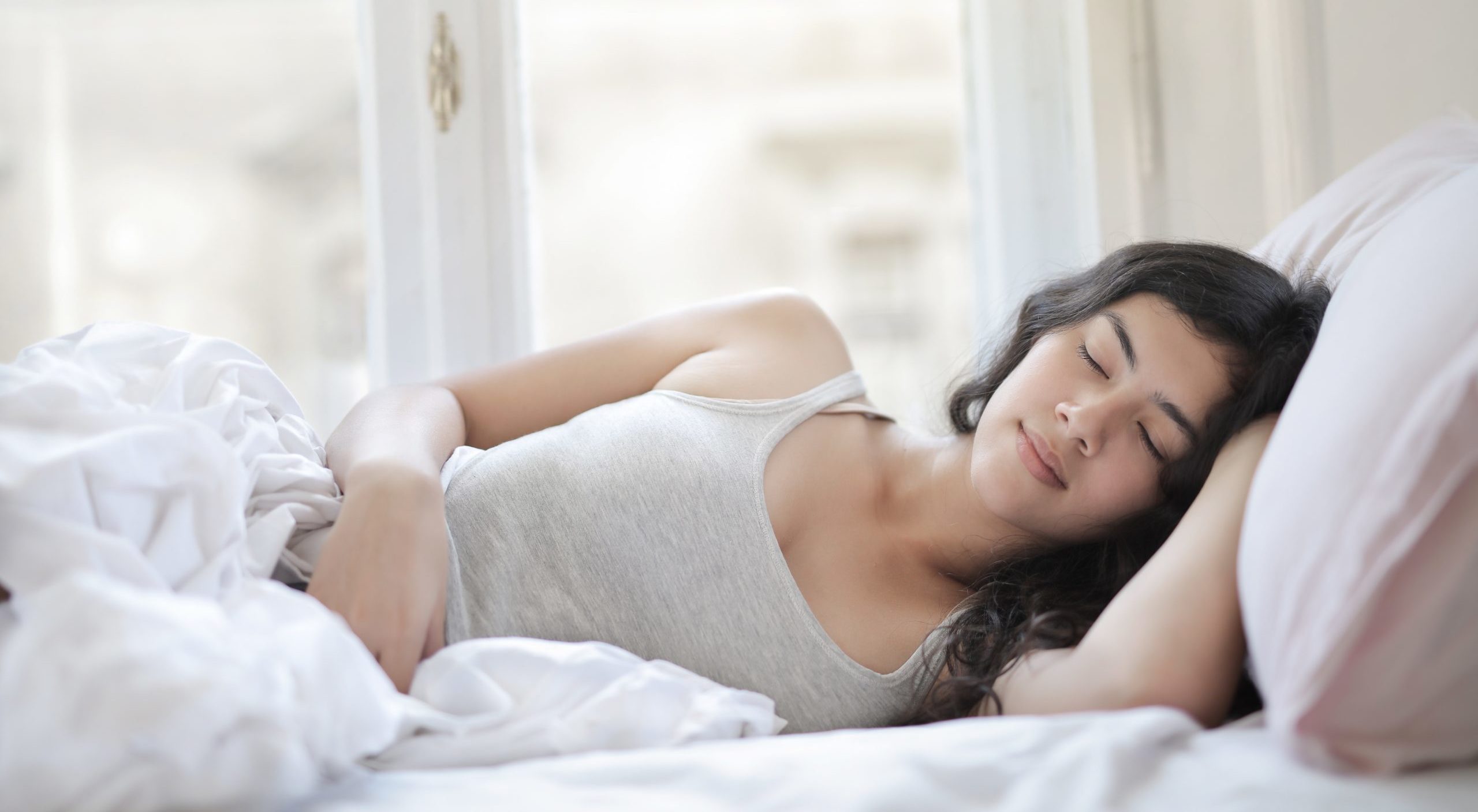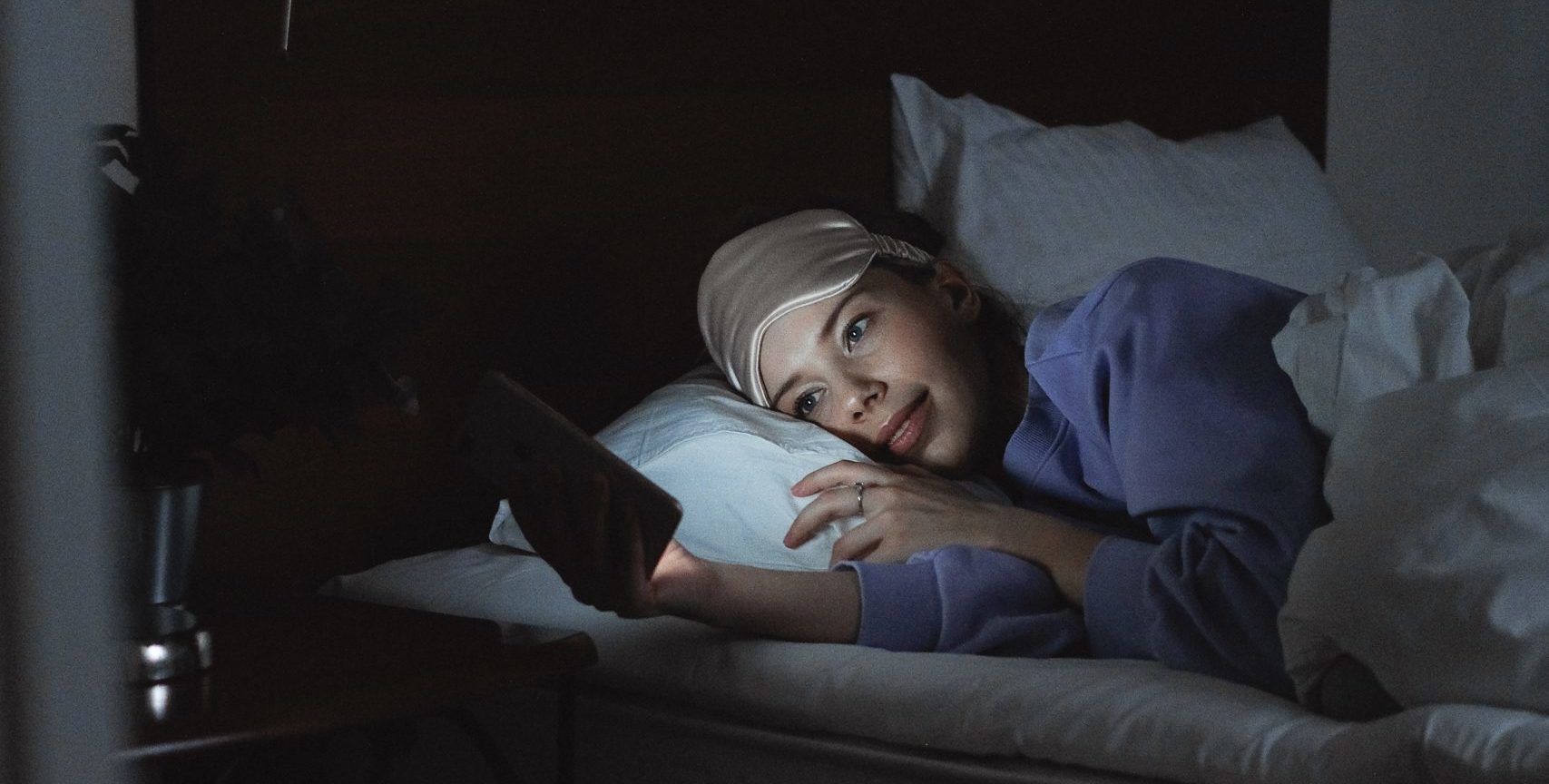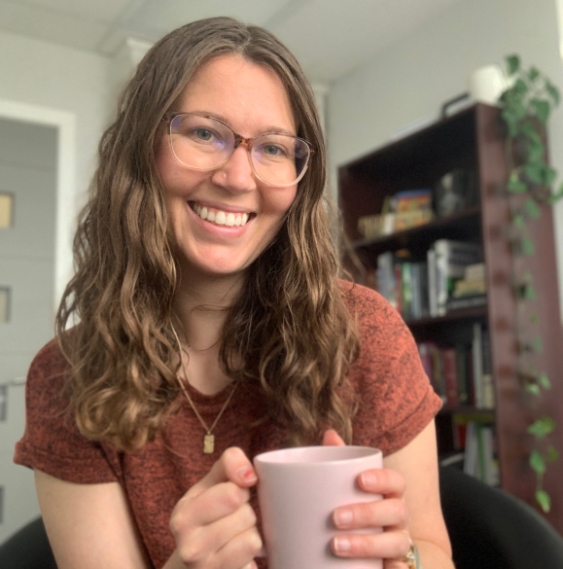
No matter what health issue we’re talking about, we have to talk about sleep. Because we can usually “get by” with less sleep, we often sacrifice it for other things.
The consequences of this are probably much severe than you realize and the research suggests people who are sleep derived don’t actually realize how impaired they are. I’m going to tell you why sleep is so important, introduce you to the term “revenge bedtime procrastination”, and give you some tips for having a good nights sleep.
Sleep Basics
Here are some important things for you to know about sleep:
- Our body has an internal 24-hour clock that is called the circadian rhythm.
- Sleep is a complex, highly regulated biological process. It is quite sensitive to environmental influences.
- Melatonin is the hormone our body produces to promote sleep. Most people think melatonin has a “sedative” action but this isn’t actually correct. Your brain interprets the external environment (i.e. the light) and uses melatonin to communicate that message to the rest of your body. Basically, melatonin is the signal your brain uses to tell your body what time of day it is, or what part of the circadian rhythm it is in. This is why bright light in the evening can be disruptive to sleep – it confuses your body and blunts your melatonin production.
- Melatonin has an inverse relationship with cortisol. Cortisol is a hormone released by our adrenals glands when we are stressed or put our body through stress. When cortisol is persistently high from stress, it interferes with melatonin’s ability to work properly. In other words, our sleep is highly sensitive to our stress.
- Our sleep has profound impact on all of our physiology: mood, memory, cognition, digestion, appetite, hormones. Basically everything. The benefits of having a regular, healthy sleep cycle is often underestimated – it can make a big difference. On the flip side, chronic sleep problems can be debilitating and very frustrating to deal with.

“REVENGE BEDTIME PROCRASTINATION”
Based on my experience, most (but not all) people don’t skimp out on sleep because because they are up doing work. Most people sacrifice sleep for another episode on Netflix, for IG scrolling or some other attempt at reclaiming time for themselves. It is a vicious cycle – you feel burnt out and not satisfied with your day, so you delay bedtime in an attempt to fill a void, only to find yourself more tired and burnt out the next day because you only got 6 hours of sleep. That is revenge bedtime procrastination.
There are a few techniques I employ with my patients to get out of this cycle, and I will share with you the most important one: YOU NEED TO REST! Not just at nighttime, but during the day too. Schedule yourself breaks. Don’t rely on chance, schedule them! Take a dedicated lunch break. Go for a 15 minute walk every few hours. Stretch. Put reminders in your phone to remind you, and honour them when they go off. Taking multiple opportunities to refresh and break during the day will lead you to feel less exhausted and unfulfilled at the end of the day so when bed time comes, you’re able and willing.
Hot tips for a better sleep.
These are a few tips and tricks to optimize sleep. Please take note of the last one because it is important – if you have sleep issues or you are getting lots of sleep but still feel fatigued – seek medical guidance!
- DITCH THE PHONE! I know you already know this. I know you do. I know you do it anyways. I’m here to say it is just NOT worth it. If you’re thinking “but I fall asleep fine” I hate to break it to you but that doesn’t matter. You’re still depleting your melatonin stores so you’re more likely to wake between 1-4 AM, and less likely to have a deep, restorative sleep. Having a strict “no phone in bedroom” rule makes it easier because you don’t have to fight temptation. I’m picking on phones in particular here but really I’m talking about all screens – TVs and computer screens before bed all impair your ability to have your best sleep.
- Maximize daytime light. I’m sure you’ve all been told that bright light in evening makes it harder to get a good sleep but did you know bright light in the morning is also very beneficial? Studies have found that getting natural light exposure early in the day causes you to get tired earlier in the evening and to have a better quality sleep. In those dark months a light therapy lamp can work too.
- Go to bed at the same time every night. It is called a circadian rhythm for a reason. Your body loves routine. Going to bed at the same time every night not only improves your sleep quality but also makes it so you don’t have to constantly make decisions about what time is bed time.
- Set the mood. Make bedtime a vibe. I usually recommend about an hour before you plan on going to bed that you set the tone in your living space. Dim the lights, initiate the aromatherapy, put on some calming music and make some tea. Give your body the “cues” that it is about to enter rest time, and start to come down from your busy day.
- Skip the alcohol and/or cannabis. It is quite common for people to rely on alcohol or cannabis to help get them to sleep but it might not be as helpful as you think. While they may reduce time of sleep onset, they actually reduce quality of overall sleep. They have been shown to reduce REM sleep, which is like first-aid for your emotions, mood and memory. There are better options to help with sleep onset that don’t impair REM sleep.
- Get assessed! If you have trouble sleeping, seek medical support! A proper sleep assessment should include questions about diet, lifestyle and trauma history. In my practice I work extensively with patients using natural therapies and lifestyle changes to get them sleeping properly. This is something I prioritize in all patients because the benefits overflow into all aspects of your health. I also highly recommend sleep studies, especially if you sleep 8+ hours/night and still don’t feel refreshed.
